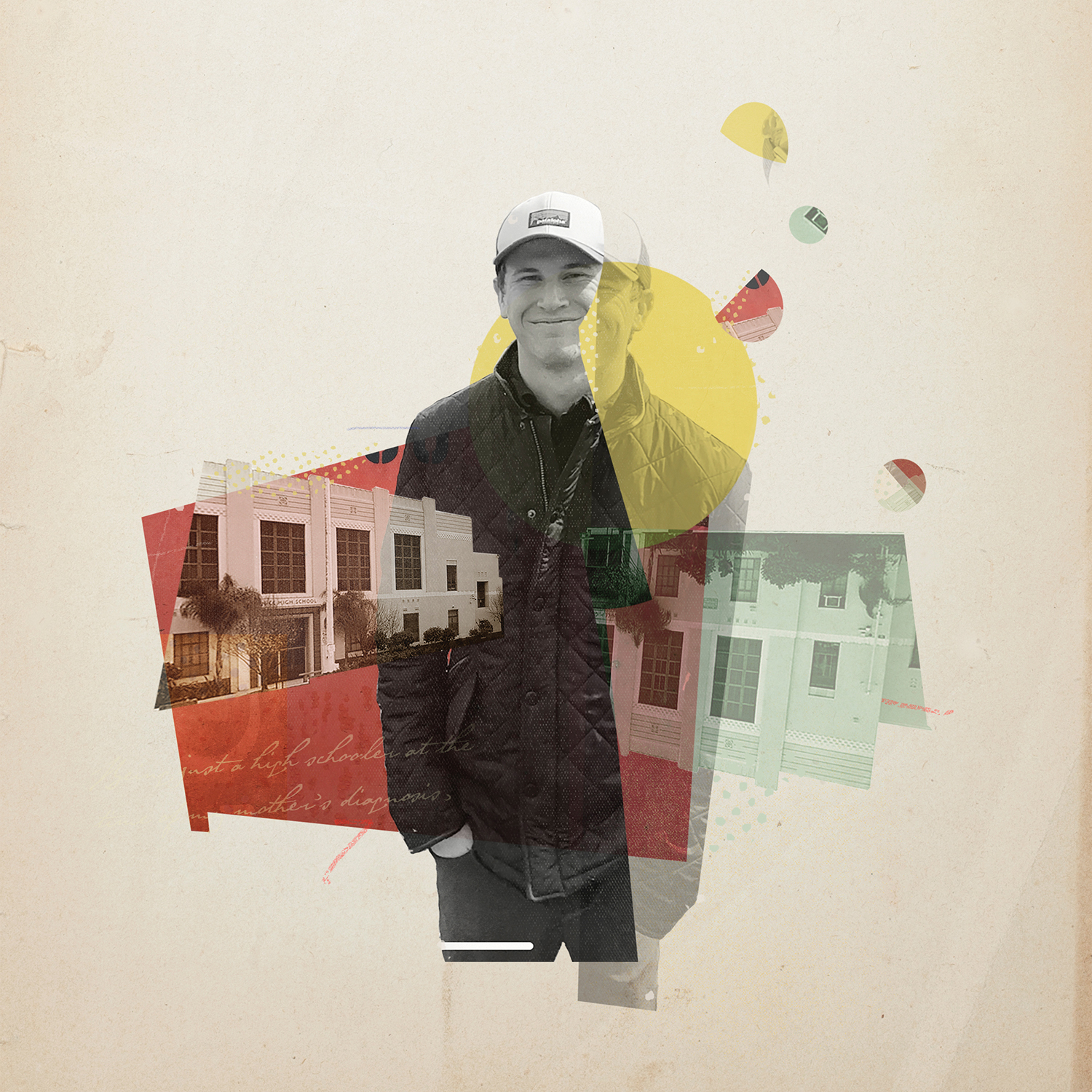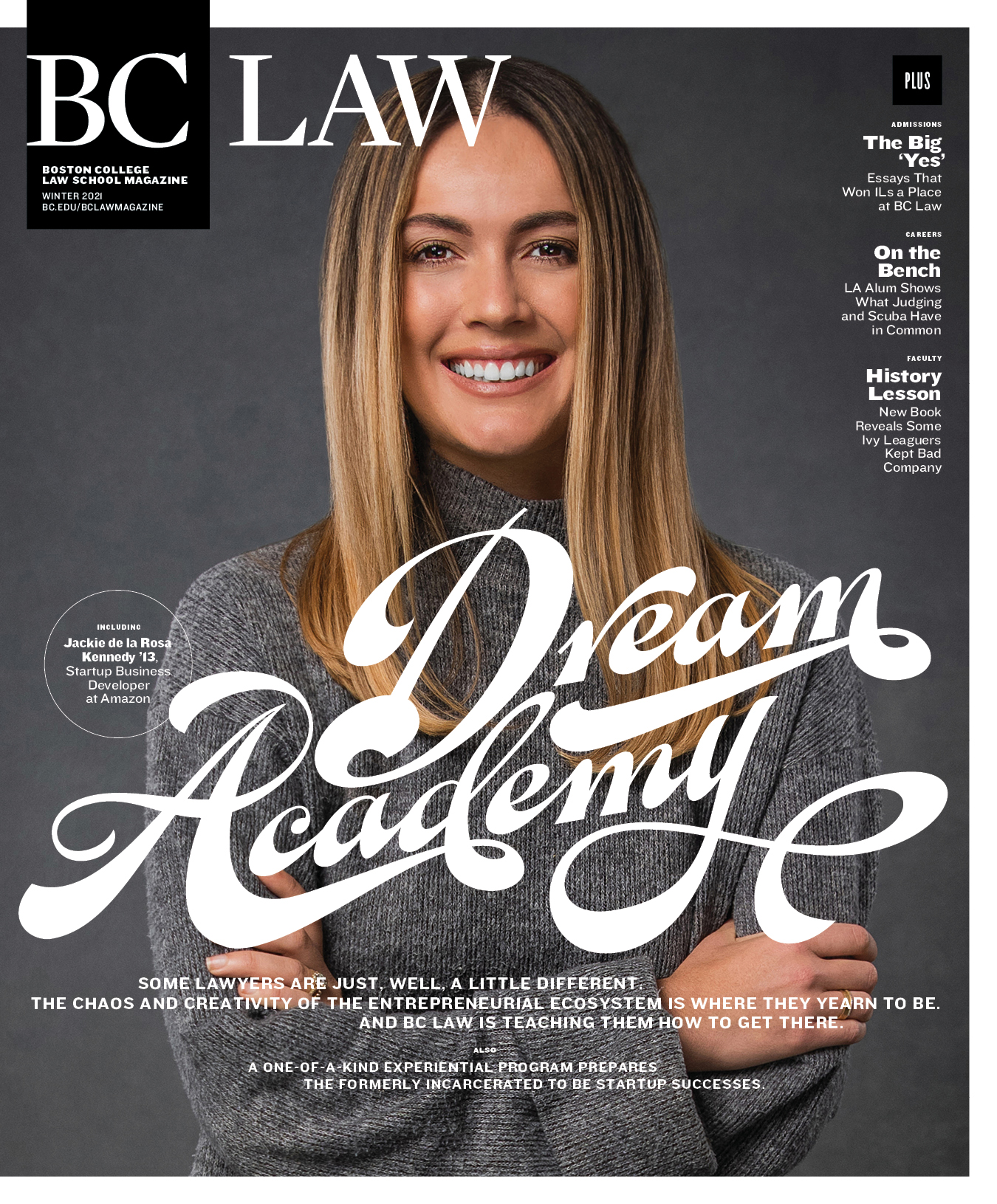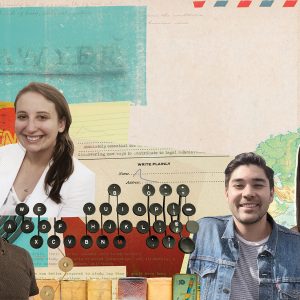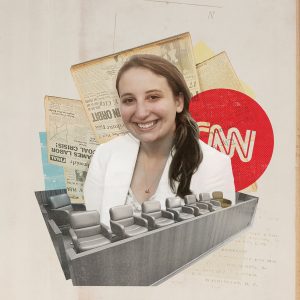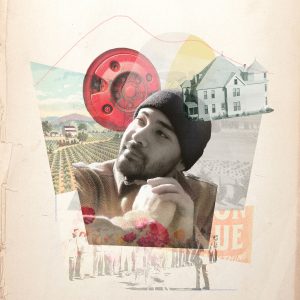We are often reminded of the importance of every passing minute in life. A few minutes can be just enough to cram the final notes in order to pass an exam, to make your flight, or for me, the amount of time my mother’s brain can function battling Early Onset Alzheimer’s. At just sixteen years old, I became the de facto caregiver for my mother, which put me on a crash course through maturation, battling adversity.
My story begins one normal high school morning when I attempted to make myself a simple breakfast of scrambled eggs. I struggled mightily while my mother stood behind me and watched before gently pushing me aside to re-instruct me. Today, few days pass in my life where I do not look back to this seemingly meaningless childhood moment. The reason being, later that afternoon, I would learn that my mother, a young woman in her mid-forties, the woman who did everything for me in my admittedly spoiled youth, had been diagnosed with Early Onset Alzheimer’s.
That morning marked the final time I can recall my mother serving as the teacher in our relationship, and not the other way around. After that morning, time would go on and I would struggle to cope with the new hand I had been dealt as I watched my mother deteriorate before my eyes. Eventually, my mother would lose her memory altogether, starting with not knowing her high school sweetheart: her husband and my father. The most difficult part of all of this was witnessing my mother slowly forget me, too.
My mother’s diagnosis flipped my world upside down, but unbeknownst to me then, those years began teaching me all the valuable intangibles I would need to succeed in the legal profession. I was thrown into the fire of taking care of my mother, which taught me to excel under immense pressure and stress while always keeping a level head. Perhaps most importantly, I was developing a high emotional IQ as I attempted to be a leader for my family.
At the time, the burden was too much for me, my grades slipped, as I questioned the meaning of anything if my mother wouldn’t ever remember it. Finally, I came to the realization that the strength I displayed at home need not be a facade. I realized I could use my experiences to one day become the trusted ally in others’ lives, and I knew the law was the way to do it. I was motivated by the thought that my mother’s time was short, and I wanted her final memories of her son to be doing everything he could to put himself in position to make a difference. So often, lawyers are met with clients in times of desperation and in make-or-break scenarios, and I am determined to get to a place where I can guide others out of their instability, just as I did for my family.
When college admissions rolled around, it was time for me to put my early maturation to the test. Clemson was my number one choice for my undergraduate degree, but when I got the envelope, it wasn’t the full-sized orange envelope I dreamed of. My second-half, high-school push was not enough, and I was offered a January deferral admission. Instead of panic-settling for a backup school, I saw it as an opportunity to cherish a few more months helping my family, while knocking out some credits at the local community college. I also mapped out my undergraduate pathway to becoming the lawyer who would have made my mother proud.
When I arrived at Clemson, I set goals to learn as much about the law and economics as possible, while gaining leadership and relevant work experience outside of the classroom. I graduated near the top of my class a full year early. I knew that to be a well-rounded lawyer took more than long nights in the library; it took leadership and people skills. In my first semester, I was elected the president of one of Clemson’s largest organizations and co-founded a local chapter of a national business organization.
Moreover, I held intern positions at a venture capital firm and at law firms both boutique and among the biggest in the country. Those roles gave me experience working on billion-dollar deals, along with trying to sign a firm’s first client. Upon graduation, I gained an additional year of business acumen at a Fortune 500 conglomerate in a leadership development role. Without my early struggles with adversity, I would not have had the maturity and foresight to pinpoint the expertise necessary to continue toward becoming the best lawyer I could be.
Lawyers operate for clients in their most desperate times of need, just as I learned to operate for my family in ours. While I would give anything in this world to have one more conversation with my mother, I find comfort in knowing the skills I acquired through this adversity will translate into my ability to assist countless other families and businesses. I cannot imagine a more intense preparation for a future of legal battling, delivering hard truths, and simply being the rock for clients and peers in their times of instability and growth.
Illustration by Dana Smith


